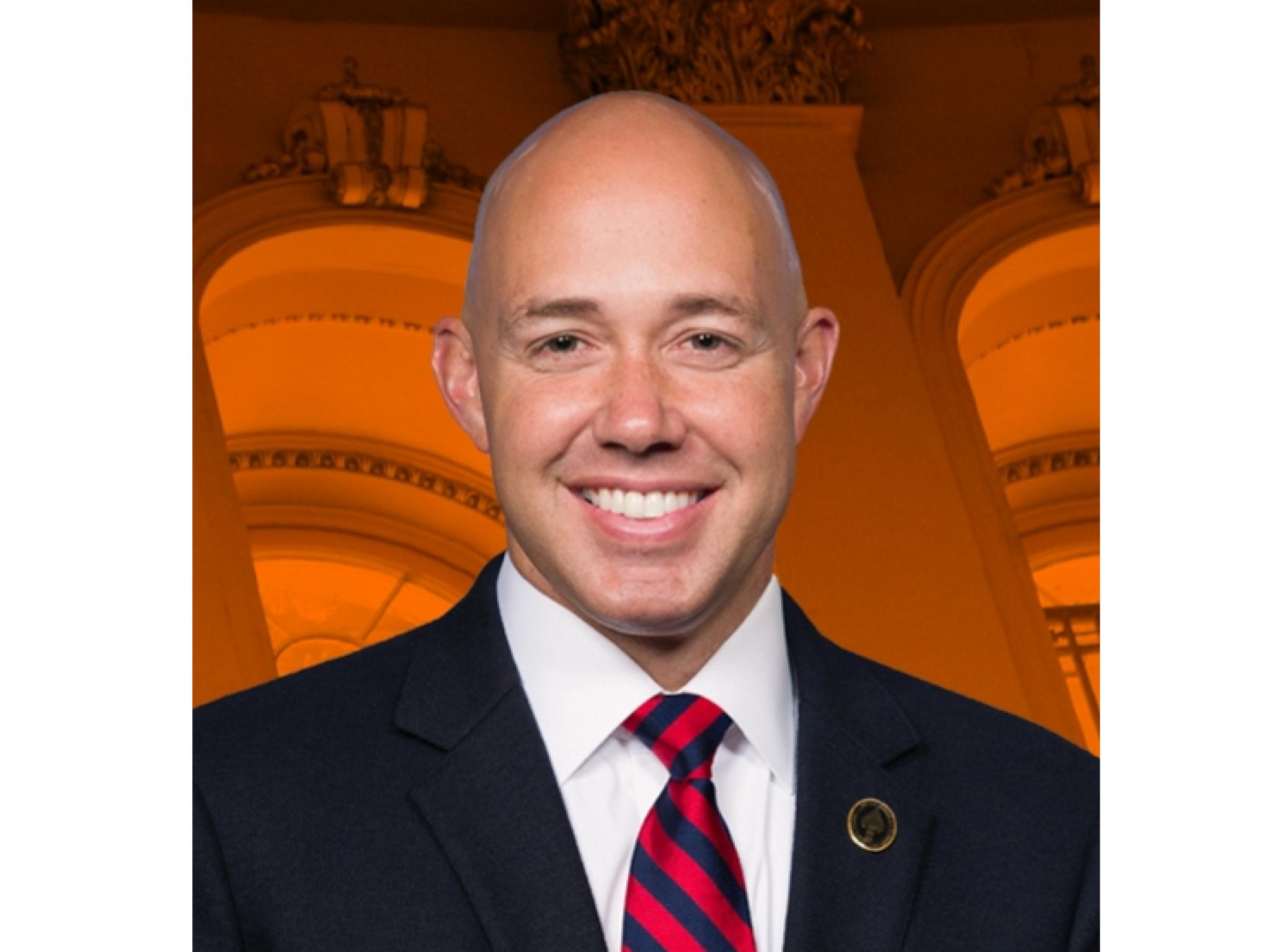
What sets veterans apart from all the others not having access to medical marijuana?
The system. Veterans obtain their healthcare via the Department of Veterans Affairs (VA), which is a federal agency. As a federal agency, the VA is not allowed to recommend or prescribe a substance that is considered illegal under federal law.
With cannabis being a Schedule 1 drug, it falls under this category, making it inaccessible to military veterans.
These and many other issues were discussed and explained in the latest Benzinga Cannabis Insider episode, hosted by Javier Hasse and Eliot Lane, and moderated by Sarah Chase, executive director of the Council for Federal Cannabis Regulation (CFCR). Brian Mast, a U.S. representative from Florida and co-chair of the Congressional Cannabis Caucus, and Victor Bohm, senior director of communications at Iraq and Afghanistan Veterans of America (IAVA), joined as guests.
Fight For Cannabis Equals Fight For Freedom
Mast, an Afghanistan War veteran who lost two legs and a finger, considers his new job similar to what he was doing in the military — serving his country and defending the U.S. Constitution against all enemies, foreign and domestic. For him, fighting for veterans’ access to cannabis means fighting for freedom.
“Descheduling marijuana from the list of federally scheduled substances is just number one thing, in my opinion, that we can do, to give what this place is all about – freedom and state’s right,” Mast said.
“We know that there are benefits to cannabis out there for people undergoing a host of medical conditions, whether it's post-traumatic stress disorder, something that can aid individuals that are contemplating suicide, or somebody that's suffering from cancer, the list goes on,” Mast continued. “If it can help, then let it.”
IAVA & Congressional Cannabis Caucus Efforts
How are these organizations pushing towards the same goal – getting medical marijuana legal for military veterans?
Bohm, who is an Air Force veteran, said that IAVA, as an advocacy organization, is primarily engaged in connecting and uniting all veterans to access the resources and benefits they deserve for fighting for their country.
US Rep. David Patrick Joyce, who is also a co-chair of the Congressional Cannabis Caucus will be one of the speakers at the Benzinga Cannabis Capital Conference, Sept. 13-14 in Chicago. Get your tickets HERE and reserve your spot at the Palmer House Hotel HERE.
“We work on a series of legislation,” Bohm said. “What we do is we survey our members every single year. We take the top six issues that are weighing on our community and have those influence our policy agenda. Then we take our policy agenda and find legislation that supports those issues and we go forth and advocate for those pieces of legislation on Capitol Hill.”
Bohm’s support of pushing for veterans’ access to medical marijuana comes from seeing many friends in the military being treated with opiates and amphetamines by the VA.
“I’ve seen the degradation of our community, the downfall of some veterans, who fall into disarray, their families fall apart, they lose their jobs,” Bohm said. “They get into these situations that they normally wouldn’t get into if they had access to proper medications or even just alternative therapies that will help them. I appreciate Representative Must’s work in this arena.”
This Benzinga Cannabis Insider episode was recorded live just a couple of hours before House approved a package of bills as part of the National Defense Authorization Act. Among the approved measures was Reps. Earl Blumenauer and Mast’s amendment, which codifies the ability of VA doctors to discuss and recommend medical marijuana to veterans.
Another important amendment that passed the House this way contains the language of the Secure and Fair Enforcement (SAFE) Banking Act, which would protect financial institutions that provide services to state-legal marijuana businesses from being penalized by federal regulators.
Bohm further talked about how IAVA has gotten behind the Medicinal Cannabis Research Act because it realized there wasn’t enough support for cannabis legislation, and explained how the organization is urging support for its proposals.
“We get support by having the people that the legislation affects talk to the members of Congress who are deciding whether to support this legislation or not,” Bohm said.
Mast also shares a few examples of things that the Congressional Cannabis Caucus plans to deal with, such as medical marijuana patients and gun rights issue. Also, taxes.
“Federal government is going to look to find a way to get $1 off every single ounce of anything that is sold, as that is something the federal government does. I don't want to see any taxes on anything,” Mast said.
In the end, to veterans who want to get more engaged with their lawmakers on this issue, Mast advised putting some thought into reaching out: handwrite a letter instead of using a generic one from the Internet and just signing it; talk to representatives directly; and explain why the issue is so important, how it affects them and what would they want their representative or senator to do.
Take a look at the entire episode below or at https://youtu.be/KXuyR_tFa_k
Photo: Courtesy of Wikimedia Commons







